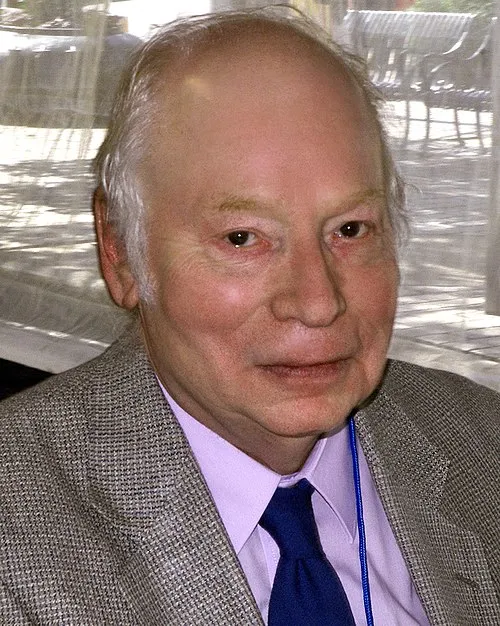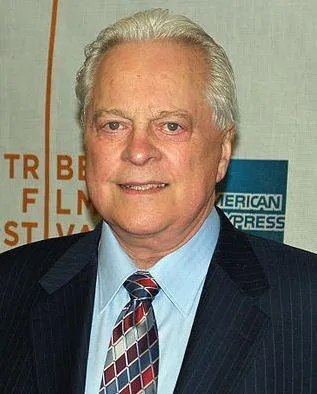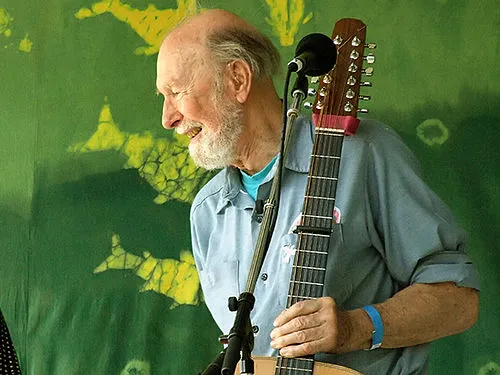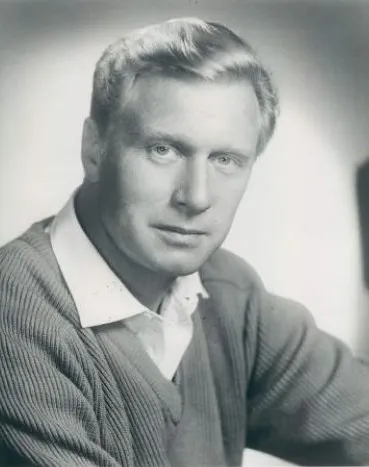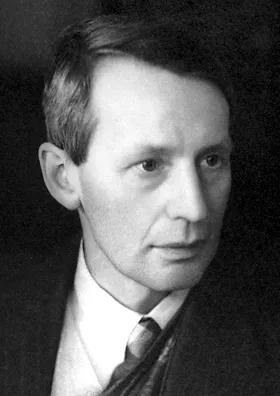
Full Name: Věra Čáslavská
Nationality: Czech
Profession: Gymnast and coach
Birth Year: 1942
Death Year: 2016
Olympic Medals: Won seven Olympic gold medals
Notable Achievements: Considered one of the greatest gymnasts of all time
1942 – Věra Čáslavská, Czech gymnast and coach (d. 2016)
In the heart of Prague, during a turbulent time in history, a young girl named Věra Čáslavská was born in 1942. The world outside her window was engulfed in the chaos of World War II, yet within her family’s modest home, a different kind of battle was unfolding the pursuit of dreams and aspirations that would eventually lead to greatness. Little did anyone know that this child would rise to become one of the most iconic figures in gymnastics, whose legacy would ripple through generations.
As she grew older, Věra discovered gymnastics almost by accident; it wasn’t an obvious path laid before her but rather a chance encounter at her school. Ironically, while other children were distracted by toys and games, she found solace and excitement on the balance beam and uneven bars. It became clear early on that she possessed not only talent but also an extraordinary work ethic. Perhaps it was the atmosphere of uncertainty around her seeing how fragile life could be that fueled her determination to succeed.
By the age of 15, she had already begun training intensively under the watchful eye of legendary coach Václav Dvořák. This relationship proved pivotal; he recognized Věra’s potential and pushed her beyond limits she never thought possible. However, such intense training came at a cost her childhood innocence began to slip away as gymnastic perfection consumed much of her daily life.
Despite this challenging childhood marked by rigorous routines and sacrifices she competed fiercely at various national levels in Czechoslovakia throughout the late 1950s and early 1960s. In 1956, at just 14 years old, she earned recognition at international competitions as one to watch closely. Yet critics often dismissed these achievements as mere precursors to greater victories ahead the real test lay on the grand stage of Olympic competition.
The moment arrived in Rome during the 1960 Summer Olympics a debut filled with hope for many athletes but also high expectations for Věra Čáslavská herself. That year would mark an unprecedented turning point: she dominated every event imaginable! Winning three gold medals made headlines around the globe but more significantly; they solidified her status among legends like Nadia Comaneci decades later.
However... even amidst joy came shadows a reminder that not all stories are fairytales wrapped up neatly with bows! Political turbulence brewed back home as Czechoslovakia faced restrictions from Soviet control over its athletes’ participation abroad this led some individuals into despair while others rose above adversity.
The defining moment for Čáslavská happened four years later during what many consider one of sport's most politically charged environments the Mexico City Olympics in October 1968! Here lay vivid memories immortalized: standing atop podiums adorned with medals while witnessing protests echoing throughout stadiums surrounding them...
Early Life and Beginnings
Věra was born into a modest family where her love for physical activity was evident from an early age. She started her gymnastics training at the age of six and quickly showed exceptional promise. By the time she was a teenager, she was already competing at the national level, earning respect and admiration for her elegance and skill.
Peak Career and Achievements
Čáslavská’s career soared during the 1960s. She competed in the 1964 Tokyo Olympics, where she won a gold medal in the individual all-around, setting the stage for even greater accomplishments. In the 1968 Mexico City Olympics, she became a sensation, winning a total of seven medals six gold and one silver which made her the most decorated gymnast of that Olympic event. Her routines were not only technically brilliant but also infused with artistic flair, earning her worldwide acclaim.
A Voice for Change and Political Stand
Beyond her athletic prowess, Věra was a symbol of resistance against political oppression. During the Prague Spring of 1968, she openly opposed the Soviet-led invasion of Czechoslovakia. At the 1968 Olympics, she famously turned her head down on the podium while the Soviet national anthem played, representing her protest against the regime. This act of defiance marked her as a prominent figure not only in sports but also in the fight for freedom and democracy.
Coaching and Later Life
After retiring from gymnastics, Čáslavská dedicated her life to coaching, mentoring young gymnasts in Czechoslovakia and later Czech Republic. She worked tirelessly to ensure that gymnastics remained a prominent sport in the country while also advocating for better training conditions and opportunities for athletes.
A Symbolic Gesture
During those Games amidst rising tensions between countries opposing communism versus socialism when anti-war demonstrations erupted globally it wasn’t merely about athletic prowess anymore; it became symbolic! As she received gold for floor exercises alongside fellow gymnast Natalia Shcherbatykh from USSR who took silver medal position next door,she famously turned away from Soviet flag displayed proudly behind them upon anthem playing... While we cannot delve into whether this act stemmed purely from personal beliefs or camaraderie felt towards people under oppression who suffered like their nation facing turmoil it certainly resonated deeply!
A Legacy Beyond Gymnastics
The aftermath left indelible marks not just within sport communities but political landscapes too! Returning home after these triumphs brought mixed receptions with some hailing heroism while others deeming disloyalty towards motherland created friction among peers within communist regime present then! Ultimately leading challenges stretching far beyond mats or rhythmic displays alone...This passion transcended mere competition transforming into roles educating future generations effectively guiding budding talents worldwide!
If there's irony here it lies starkly evidenced today where younger athletes idolize icons such as Simone Biles or Nastia Liukin drawing parallels comparing struggles endured versus personal milestones achieved regardless nationality boundaries hindering pursuits becoming dreams realized irrespective governing restrictions imposed previously ruling regimes ever again!




